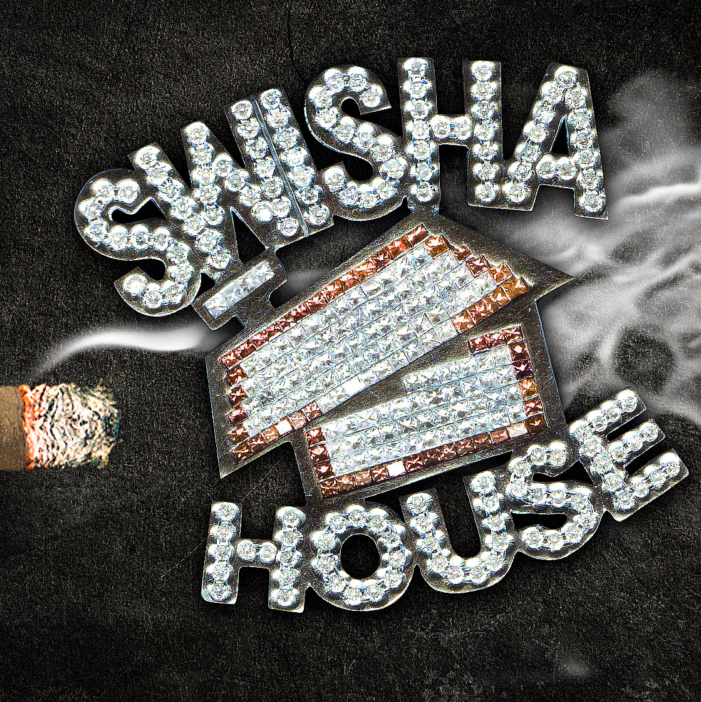The story of every Southern scene has been buried and sullied within hip-hop canon to varying degrees; whether it be the dominance of No Limit, the legacy of Memphis, or the one-hit wonders of Miami, credit is rarely paid by newcomers to the genre or those who are entrenched in their own idea of what hip-hop should be. Houston remains an important city for birthing not one, but two massive and influential scenes in Swishahouse and the Screwed Up Click.
The life and work of the late DJ Screw is well documented, his dark and dizzying sound remaining a staple of the culture even 30 years later – but he didn’t do it all alone. The eponymous Screwed Up Click consisted of dozens of friends and affiliates who cranked out countless cult classics together. Everyone from Big Moe and Fat Pat to UGK and Z-Ro recorded in the Screw house, defining Houston rap’s defining motifs: syrup and slabs. Their rough, yet endearing attempts at bluesy hooks, absurd depictions of drug use, and unrequited love for the city established Texas in the 90s as one of the most dedicated and distinct hip-hop scenes ever (for example, with the circulation of Chopped and Screwed remix tapes and the iconic Screwed Up Records store even today).
Concurrent to the Screwed Up Click’s run was the reign of J Prince’s Rap-a-Lot Records, which is widely considered one of the greatest hip-hop labels of all time. Home to artists such as Scarface and the Geto Boys, UGK, Devin the Dude, and Trae tha Truth, Rap-a-Lot helped to establish Texas as a major player in the industry (J Prince is among the genre’s most revered moguls). While Rap-a-Lot artists were certainly Southern to their core, they often drew from broader influences such as G funk and horrorcore, and spoke on grander themes or could rap more technically than the Screwed Up Click. All of this appealed to a wider, more coastal zeitgeist.
So while the passing of DJ Screw and other members of the group throughout the late 90s and early aughts might have left a void, a select few kept Houston on the map – at least in the eyes of critics and the nation respectively. Bubbling in the underground however, was an entire scene’s worth of artists who swang low and bled syrup.
Founded by Michael Watts and OG Ron C in 1997, Swishahouse began as a series of Chopped and Screwed remix tapes, but they soon grew to make their own videos, battles, and DVD’s to distribute in the vein of Smack DVD. Many of the artists featured in these videos would define not only Texas, but all of mainstream hip-hop in the 2000s. Artists who got their start with Swishahouse include Chamillionare, Paul Wall, Mike Jones, and Slim Thug (who auditioned through freestyle contests), while more established rappers such as Lil Keke and Z-Ro were prone to tap into this hardcore local phenomenon as well.
Swishahouse was effective for several reasons; first of all, for imbuing all of the Houston style with a spirit of competition and grassroots energy. Posting on the corner and rapping just for the love of it, the same as anyone in New York might, forced the artists to rely more on skill than just a drugged out vibe; but that’s not to say they ever stopped rapping about grills and slabs. Secondly, Swishahouse artists had greater mainstream appeal with their more upbeat style. Slim Thug’s Already Platinum, for example, is produced in large part by the Neptunes, and Paul Wall can flow with the best of them.
All of this allowed Swishahouse to become major mainstream players, releasing records such as Chamillionare’s “Ridin’“, Mike Jones’ “Back Then“, and the all-star “Still Tippin”. They would go on to work with the genre’s biggest stars (“Drive Slow“, most notably) and remain in constant radio rotation today. In fact, Swishahouse had a special capacity to put on artists with longevity, as Paul and Slim Thug still drop new projects regularly and seemingly just out of love for the art. So while those singles are the majority of what your average hip-hop fan might be familiar these days, Houston’s early grip on Southern rap and its lasting influence is a testament to the power of homegrown talent in this culture.

